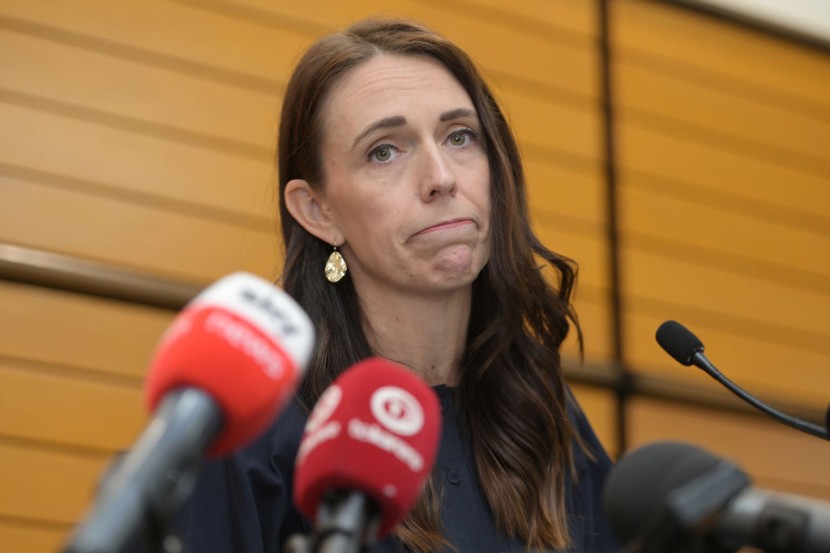
Former New Zealand Prime Minister Jacinda Ardern is still absent in the race as the country's election campaign approaches its final month.
The situation comes as Ardern was known for dominating political life in New Zealand for five years prior to her surprising resignation in January 2023. She revealed in an Instagram post in April that she is "helpfully" at Harvard during the nation's election campaign.
Jacinda Ardern's Absence in the Election Campaign
The former prime minister was elected to the position in 2017 on a wave of Jacindamania and her extremely high popularity endured, she carried the country's Labour Party under her leadership to a historic victory in 2020.
Ardern also enjoyed extreme popularity overseas, even being featured on the cover of Vogue, and became a favorite guest of late-night talk shows in the United States. While other former New Zealand leaders take an active role in rallying the party faithful before elections, recent predecessors have opted to keep their distance, and Ardern has publicly maintained a policy of non-involvement in the campaign, as per The Guardian.
She has also become what many consider to be a "lightning rod" for very toxic behavior and for any discontent that the people of the country felt for a variety of reasons. A former Labour MP, Sue Moroney, noted that Ardern became the target of derogatory bullying and death threats, adding that it might be somewhat of a relief to not be present in the country's campaign.
However, the former prime minister is also following a pattern in New Zealand politics where former leaders usually give their successors some space to develop their own mandates and leadership styles.
A political professor at Massey University, Richard Shaw, said that an appearance by Ardern in the election campaign could rally the political right against the Labour Party more than it would rally Labour's party faithful.
New Zealand Elections
Ardern's absence comes as the nation's two main political parties launched their campaigns over two weeks ago. They both promised to ease the cost-of-living crisis and warned of potentially dire consequences if the other party wins, according to Yahoo News.
The Labour Party kicked off its campaign in Auckland with a pledge to extend free dental care to everyone aged under 30 years if it is re-elected. On the other hand, the main opposition National Party followed that with a list of eight commitments, the first of which was working to reduce inflation and bring the economy back into a growth route.
The voting day is scheduled for Oct. 14, and Prime Minister Chris Hipkins, Adern's successor, is looking to win a third term for the Labour Party. He will face off against National Leader Christopher Luxon, who is a former high-flying businessman who has been in parliament for less than three years.
Opinion polls showed that a coalition of conservative parties has become the favorite to govern after the election. A Talbot Mills corporate poll also showed that support for the Labour Party fell to 30%, which is the lowest in the last six years, said Street Insider.
Related Article: Japan Appoints New Defense Personnel
© 2026 HNGN, All rights reserved. Do not reproduce without permission.








